
Researchers tested the novel oral fluoropyrimidine derivative S-1 plus oxaliplatin vs S-1 plus cisplatin in patients with diffuse-type or mixed-type advanced gastric adenocarcinoma.

Your AI-Trained Oncology Knowledge Connection!


Gastric Cancer Incidence Increasing in Younger Population in Latin America

Researchers tested the novel oral fluoropyrimidine derivative S-1 plus oxaliplatin vs S-1 plus cisplatin in patients with diffuse-type or mixed-type advanced gastric adenocarcinoma.

Data from the randomized OSLO-COMET trial were presented at ASCO 2019, revealing the survival of laparoscopic vs open surgery for liver metastases in colorectal cancer.
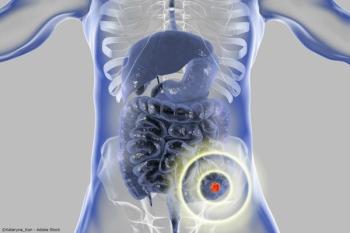
A longer progression-free survival with FOLFOXIRI plus bevacizumab was noted in patients with metastatic colorectal cancer with poor prognosis.
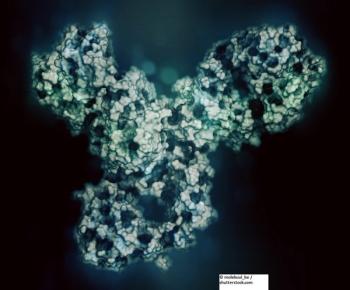
Select patients with advanced gastric or gastroesophageal junction cancer may benefit from initial therapy with pembrolizumab, according to the KEYNOTE-062 trial.

Researchers assessed outcomes with different chemo regimen doses in elderly or frail patients with gastroesophageal cancer, in this study presented ahead of the ASCO Annual Meeting.

Dr. Sinicrope reviews the phase III ATOMIC trial, which is testing standard chemotherapy alone or in combination with the anti–PD-L1 antibody atezolizumab as adjuvant therapy in a subset of colon cancer patients.

A study in JAMA evaluated whether adding high-dose vitamin D3 to standard chemotherapy improves PFS in patients with advanced or metastatic colorectal cancer.
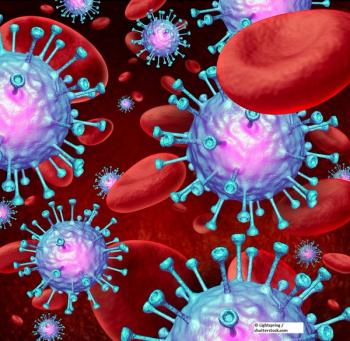
A phase III trial examined immunotherapy in patients with microsatellite-stable metastatic colorectal cancer.

Researchers evaluated a “watch and wait” strategy that includes chemotherapy and radiation, but not surgery, in carefully selected patients with rectal cancer.

Investigators studied a combination of pertuzumab and trastuzumab in patients with metastatic, HER2-positive colorectal cancer.

Research published in Cancer evaluated whether colorectal cancers diagnosed in early adulthood differ from those diagnosed at older ages.

Dr. Ku discusses considerations in the treatment of esophageal cancer, current treatments, and the emerging role of immunotherapy.

Researchers tested whether the combination of durvalumab and tremelimumab could improve survival over best supportive care in patients with advanced refractory colorectal cancer.

Researchers tested an antigen-specific cancer vaccine known as tecemotide vs placebo in patients with colorectal cancer and liver metastases to see if outcomes would be improved.
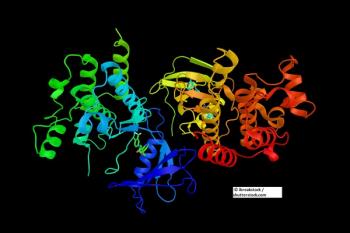
Researchers tested the combination of dabrafenib and trametinib in a phase II trial of patients with biliary tract cancer and BRAF V600E mutations.

An analysis found that tumor response as assessed using modified RECIST criteria is an independent predictor of overall survival in hepatocellular carcinoma patients.
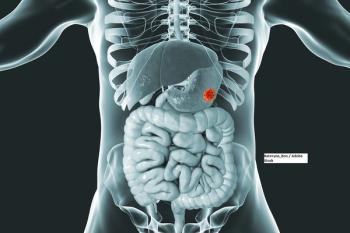
Researchers found that adding andecaliximab to treatment for gastric cancer may benefit older patients.
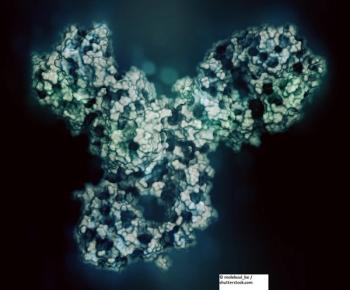
Pembrolizumab showed promise in the second-line setting for patients with metastatic esophageal cancer and high PD-L1 expression.

Negative colonoscopy results in patients with average CRC risk were associated with a lower risk for CRC diagnosis and death more than a decade after the test.
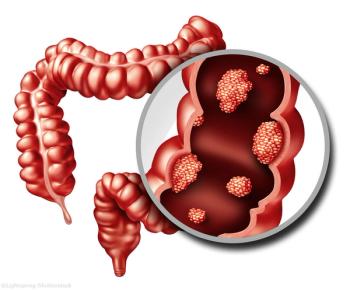
The XELAVIRI trial failed to demonstrate the noninferiority of a sequential escalation treatment strategy vs initial combination therapy in mCRC.

A study takes a closer look at colorectal cancer screening incentives among New York State Medicaid managed care patients.

A study looks at how dietary patterns impact colorectal cancer outcomes before and after diagnosis.
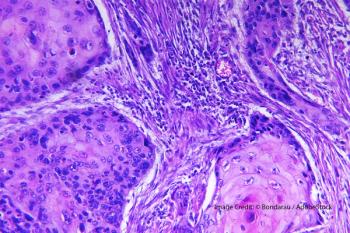
A new study adds to evidence examining whether neoadjuvant chemoradiotherapy plus surgery improves survival vs surgery alone in locally advanced ESCC.

Dr. Luis Diaz spoke with Cancer Network about monitoring for residual disease in colon cancer ahead of his presentation at ESMO 2018.

Until recent studies were reported, immunotherapy was thought to be ineffective for colorectal cancer; this article provides guidance on how to incorporate immunotherapy into this setting.